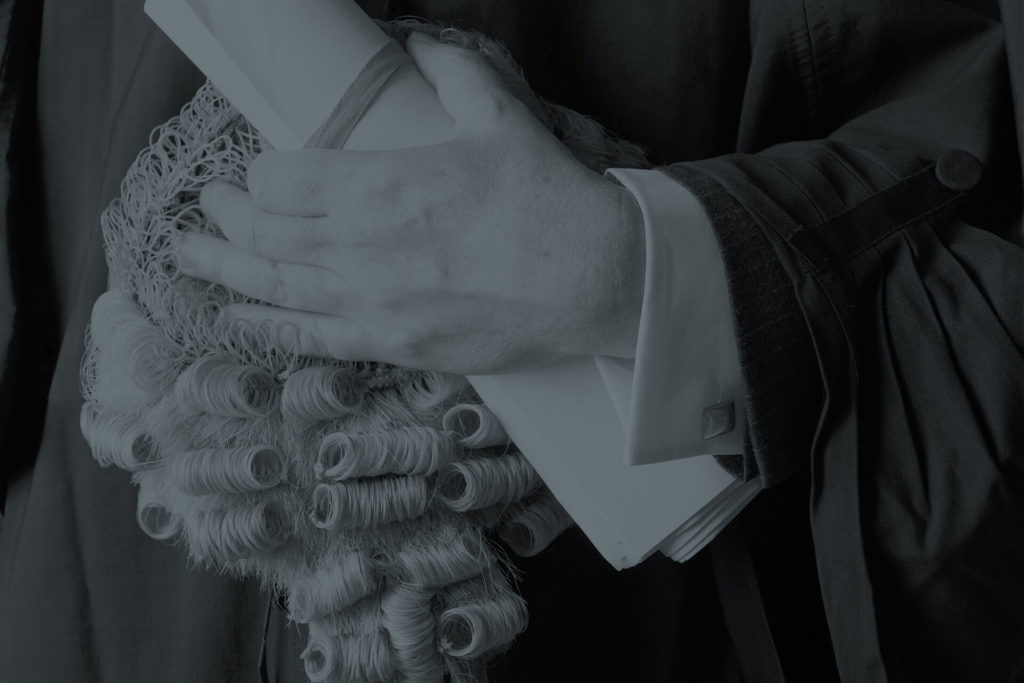Send your enquiry.
Contact us for a free, initial no obligation consultation.
"*" indicates required fields
Your information is safe and treated in accordance with our Privacy Policy
You can be charged with intentionally assisting a crime. The sentence can be just as severe as if you had actually carried out the offence.
Criminal defence solicitors London
If you have been charged with a criminal offence, please contact us at Ashmans Solicitors. We are available to take your call 24 hours a day, 7 days a week.
The case of Jordan Atkinson
The recent case of Jordan Atkinson shows that individuals can be charged with intentionally assisting offences if they believe that one or more offences will be committed. This is known as a section 46 offence. Moreover, the sentencing judge does not have to deal with that person more leniently than the person who actually committed the offence. In fact, punishment can be exactly the same.
The court heard that Jordan Atkinson helped Mr Cox to collect a stolen car, which was then used during a murder. Mr Atkinson was also present when Mr Cox purchased two machetes, which he had strong reason to suspect would be used to commit a serious act of violence. Mr Atkinson, therefore, helped Mr Cox, all the while believing that he was going to cause grievous bodily harm with intent, (although this later became a murder).
At sentencing, the judge said that when a section 46 offence is proved or admitted, “it seems to us that the appropriate sentence generally will not differ significantly, and may perhaps not differ at all, from the sentence which would have been appropriate for the anticipated offence for conspiracy to commit the anticipated offence.”
In other words, Mr Atkinson could be charged as though he had committed grievous bodily harm with intent. He was sentenced to eight years in prison.
The appeal
Mr Atkinson appealed his sentence using a criminal appeals solicitor. However, the Court of Appeal dismissed his claim and sided with the sentencing judge. It held that the appropriate sentence will not generally be significantly different, or at all, from the sentence which would have been appropriate for committing the anticipated offence.
When sentencing for a section 46 offence, a judge will make their decision based on:
- The relevant factual background
- The nature of the offence the accused believed would be committed
- The actual assistance provided
- The link between the assistance and the anticipated offence
There is no rule that says someone charged with assisting the offence should be dealt with less severely than the person committing the offence.
Criminal defence solicitors
This case demonstrates that even if you were not the one who carried out the offence, you can still find yourself in very real trouble with the law if you help others commit a crime. If you have been charged with a section 46 offence, you need expert legal representation. Contact us our criminal defence solicitors now for free legal advice.
Call us on 0333 009 6275. We are available 24 hours a day, 7 days a week.
You can also email us on enquiries@ashmanssolicitors.com or complete our Free Online Enquiry Form and we will contact you.




